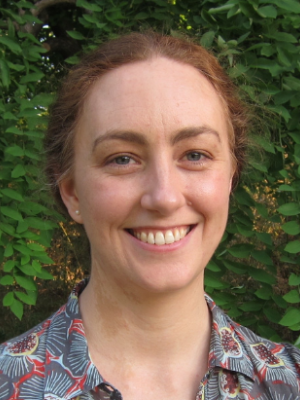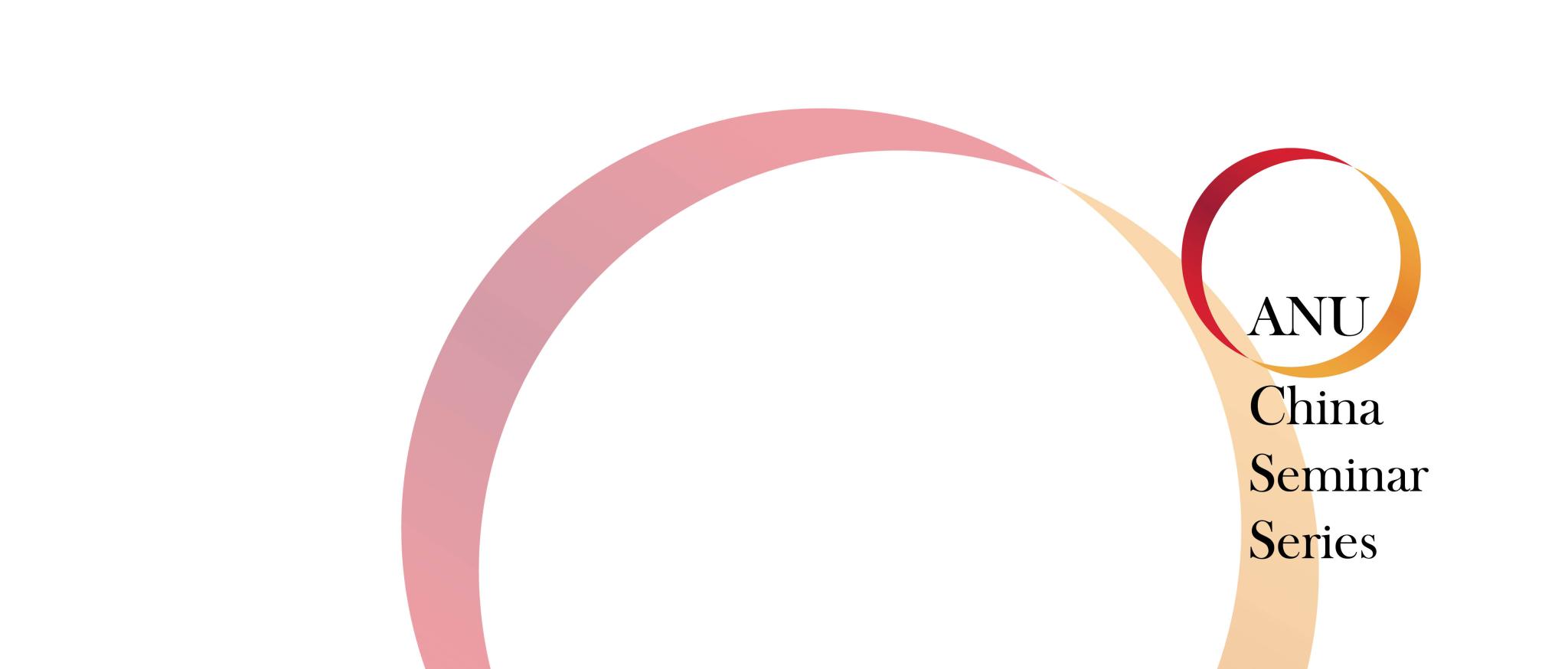In the late 1970s, the Dali Cultural Bureau acquired a number of stones bearing Mongol-era inscriptions that had been discovered in the walls of the famous Wuhua Tower during the Cultural Revolution. The twenty funerary inscriptions in this collection joined a larger collection of rubbings from the late 14th to the early 20th centuries, collected throughout the region in the 1930s and 40s. Most of these inscriptions came from a single cemetery, Honggui, in the foothills of Mt Diancang north of Dali. For centuries, wealthy families of the Dali region had buried their dead on this hillside, facing Lake Er.
During this period, Dali’s politics and society had been transformed. The Duan clan, rulers of the Dali Kingdom before the Mongol conquest of 1253, had been enfeoffed by the Yuan and the Ming who succeeded them. While some indigenous rulers retreated to the hills, members of some of Dali’s elite families began to educate their sons in literary Chinese and seek entry into the imperial civil service. Military and civilian migrants also moved to Yunnan in increasing numbers and intermarried with local families. For those families who could afford lengthy funerary inscriptions for their dead, burial in Honggui and the commissioning of an inscription alike signified membership of the changing local elite. Drawing on recent work on early medieval funerary inscriptions, this seminar will examine the process by which they were composed and carved, as well as the narrative frames used in the preface and elegy. For these families, the burial of their dead between Mt Diancang and Lake Er solidified their place in the history of Dali, its Buddhist past, and its future.
The ANU China Seminar Series is supported by the Australian Centre on China in the World at ANU College of Asia and the Pacific.
Event Speakers

Eloise Wright
Eloise Wright is Assistant Professor in the History department and the Ashoka Centre for China Studies at Ashoka University, India. Her research explores questions of place and identity through the local history of the city of Dali, in what is now southwest China. She is also interested in histories of language and writing, sociology and materiality of texts.
